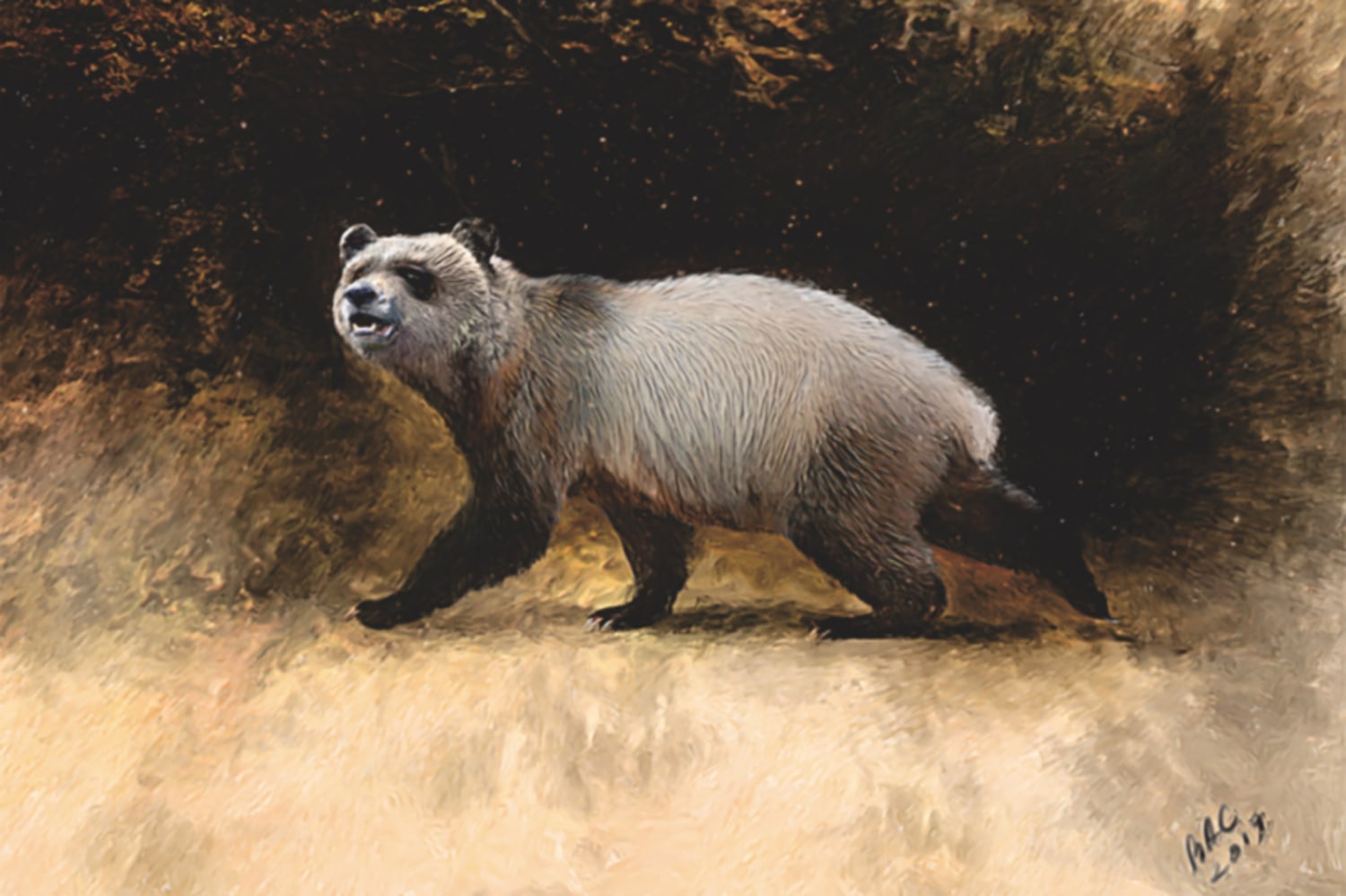
Researchers discovered a never-before-seen species of European panda that once roamed the regions about six million years ago. The discovery had humble origins from fossil teeth in a storage facility, gathering dust for over 40 years.
Last species of European panda?
According to a Live Science report, the fossilized teeth consisted of an upper molar and upper canine in northwestern Bulgaria in the late 1970s. However, it was left in the Bulgarian National Museum of Natural History’s storage facility. The discovery remained unknown for forty years as it was not properly cataloged. Recently museum staff was lucky to stumble across the peculiar teeth and decided to start investigating. Analysis revealed they were unlike any other previously known European pandas or other fossils.
More on the similarities and differences with today’s pandas
The species named Agriarctos Nikolovi has larger teeth compared to most European panda species. Today’s giant pandas have larger teeth and those of the newly discovered are close to it. Additionally, they are more recent than other panda fossils found on the continent. Hence, researchers believe A. Nikolovi was one of the last species to inhabit Europe. According to Nikolai Spassov, the co-author of the study, despite their similarities with modern-day counterparts, they are not directly related. However, it “is a close relative”. Spassov is a paleontologist from the Bulgarian National Museum of Natural History. “This discovery shows how little we still know about ancient nature. It also demonstrates that historic discoveries in paleontology can lead to unexpected results, even today,” stated Spassov.
“It is likely that climate change at the end of the Miocene epoch in southern Europe had an adverse effect on the existence of the last European panda,” he added. The authors are also speculating that the A. Nikolovi experienced a change in habitat and diet due to climate change. The changing climate may have adversely affected them, ultimately leading to the extinction of the species. Additionally, they believe, the evolutional pressure forced them to adopt a vegetarian diet. This in turn may be a reason why they have much weaker teeth. researchers believe they may not be successful in chomping through bamboo.
